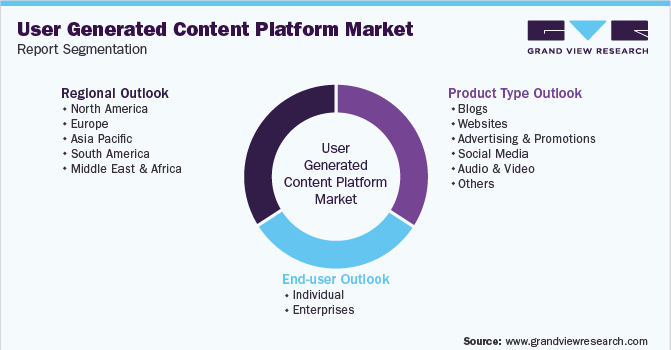Bodrum Escapes: Your Guide to Luxury and Leisure
Explore the best of Bodrum with exclusive insights and tips for an unforgettable experience.
Level Up: How User-Generated Gaming Markets are Changing the Game
Discover how user-generated gaming markets are revolutionizing the industry and leveling up the player experience! Dive in now for insights!
The Rise of User-Generated Content in Gaming: A New Era of Game Development
The gaming industry has witnessed a remarkable transformation in recent years, largely fueled by the rise of user-generated content. This shift represents a new era of game development, where players are not just consumers but active creators. Game developers have begun to embrace this trend, facilitating platforms that allow gamers to design and share their own content, from custom levels to entire gameplay mods. As a result, we are seeing a surge in innovative experiences that keep players engaged and invested in their favorite titles, thus enhancing the overall gaming community.
One notable example of this phenomenon is the rise of platforms like Roblox and Fortnite, where users can create, share, and monetize their content seamlessly. These platforms have not only democratized game development but also fostered a vibrant ecosystem where creativity flourishes. Additionally, as developers recognize the immense value of user contributions, we may anticipate a future where user-generated content becomes a staple in mainstream gaming. This trend is not just reshaping game development; it is paving the way for a more inclusive and dynamic industry, where every player can leave their mark.

Counter-Strike is a popular first-person shooter game that has captivated gamers for years. Players can compete in teams, working together to complete objectives such as defusing bombs or rescuing hostages. If you're looking to enhance your gameplay experience, consider using a daddyskins promo code to unlock new skins and features.
How User-Generated Markets are Empowering Gamers: A Comprehensive Guide
User-generated markets are reshaping the landscape for gamers by providing them with unique opportunities to create, trade, and monetize their game-related content. These markets enable players to actively participate in the gaming economy, allowing them to sell in-game items, avatars, or custom levels directly to other users. One notable example is Roblox, where developers can create games and earn real money through sales of virtual items. This democratization of the gaming space has not only empowered creators but has also fostered a more vibrant and diverse gaming community.
Moreover, as user-generated markets continue to flourish, the potential for growth within the esports industry has skyrocketed. Gamers can leverage their skills and creativity to earn a living through sponsorships, streaming, and competitive play. According to recent statistics, a significant percentage of professional gamers have emerged from these markets, enjoying lucrative careers that were once thought impossible. As more platforms adopt user-generated content models, we can expect a surge in innovation and collaboration, making gaming a more inclusive environment for players from all walks of life.
What Impact Do User-Generated Gaming Economies Have on The Industry?
User-generated gaming economies have become a transformative force within the gaming industry, significantly impacting game design, player engagement, and monetization strategies. By allowing players to create and trade in-game assets, developers have seen a shift from purely transactional relationships to a more collaborative ecosystem. This participatory approach not only enhances the immersive experience but also fosters a sense of ownership among players, leading to increased retention and community building. As a result, games with robust user-generated content (UGC) environments, such as Minecraft and Fortnite, have set new standards, compelling other titles to adapt and evolve their business models to keep up with these changing dynamics.
Moreover, by leveraging user-generated gaming economies, developers can tap into a wealth of creativity and innovation from their player base. These contributions often lead to the emergence of unique gameplay mechanics, diverse storytelling elements, and novel monetization avenues, ultimately enriching the overall gaming experience. Furthermore, the rise of platforms like Roblox demonstrates how user-generated content can lead to the birth of completely new gaming genres and trends, driving the industry forward in unpredictable ways. Therefore, understanding and integrating user-generated gaming economies is crucial for developers aiming to stay relevant in an ever-evolving landscape.